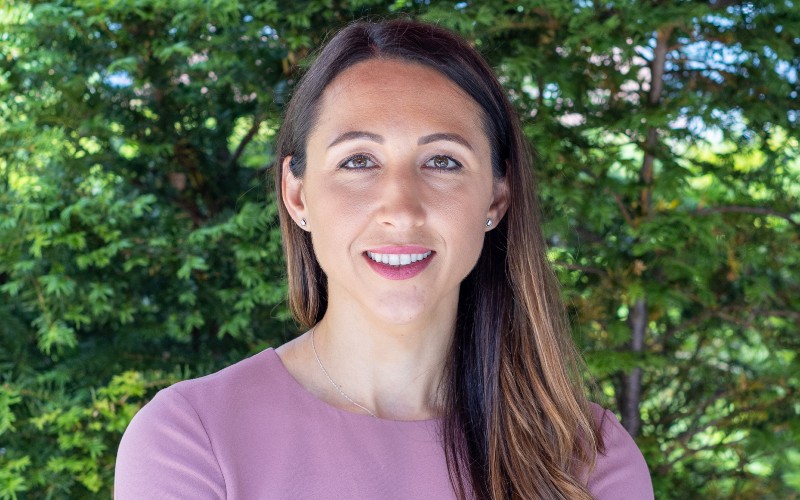Charlotte Ashton is on mission to help entrepreneurs get a better deal.
The founder of Implicit Advisory says the current system works against founders and has resolved to redress the balance.
Ashton previously spent seven-and-a-half years as head of origination at Palatine Private Equity and her new venture helps entrepreneurs of high growth businesses achieve investment and exit goals through a coaching focused approach.
Speaking at TechBlast’s latest Going 4 Growth roundtable, she explains: “Exit, particularly to private equity, shouldn’t be seen as a dirty word in business. There are negative connotations with the industry because of the perception that private equity come in, strip out the founders, change the plan and bring in their own team.
“That can happen and that’s one of the reasons I have been doing what I do, helping founders (do due) diligence (on) investors and build relationships over time to create an optimal partnership and deal.
“Private equity can facilitate a phased exit. It can help someone who has reached the limit of their capability to step into a role that they are probably going to be happier in and take some cash off the table in the process.
“At the moment there isn’t enough confidence or knowledge on the side of management to adequately challenge investors about what life will be like on the other side of the deal. The founders don’t always take the opportunity to ask the challenging questions of investors.”
Ashton believes the current system can lead to poor outcomes.
“One of the fundamental issues is with the way corporate finance (CF) arrangements are structured, processes need to happen within short timescales and fees are related to valuation,” she says.
“Companies take less risk in up-front fee exposure, so advisors are rightly rewarded on success, but it often leads to business owners ending up with the highest bidder, not necessarily the best long-term investing partner.
“It’s important that I can work with businesses over a longer time-period ahead of a CF-led transaction, understand what they are trying to achieve from exit based on individual stakeholder objectives and values, mitigate value detractors and build relationships with investors that are able to meet those requirements and demonstrate value-add.
“A recent survey I ran demonstrated that 39% of the investors expect to develop relationships with management over 1-year ahead of investing and 57% 3-12 months ahead, this is in line with my experience at Palatine too.”
Ashton believes there’s a ‘no man’s land’ in the market between businesses in less active sectors that have gone beyond start-up but are not large enough to attract the attention of corporate finance advisers.
“That’s important because it means when a business comes to the point that they’re thinking about a transaction they haven’t had the opportunity or guidance to prepare thoroughly for it,” she says.
“I agree with the Goldman Sachs 10,000 Small Businesses UK programme guiding teams to think about the exit right at the outset. Is it a business you want to build for exit or that you want to grow and own for the long-term?”
Ashton believes the investment ecosystem in North has been transformed for the better in the last decade.
“I joined Palatine in 2014 from London when there were hardly any private equity houses and investors in Manchester,” she recalls. “That’s all changed but we need to do more to support businesses in making the industry more accessible.”
Ashton is also part of the founding team of Fund Her North, whose goal is to increase the investment rate into female-led businesses.


